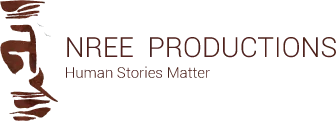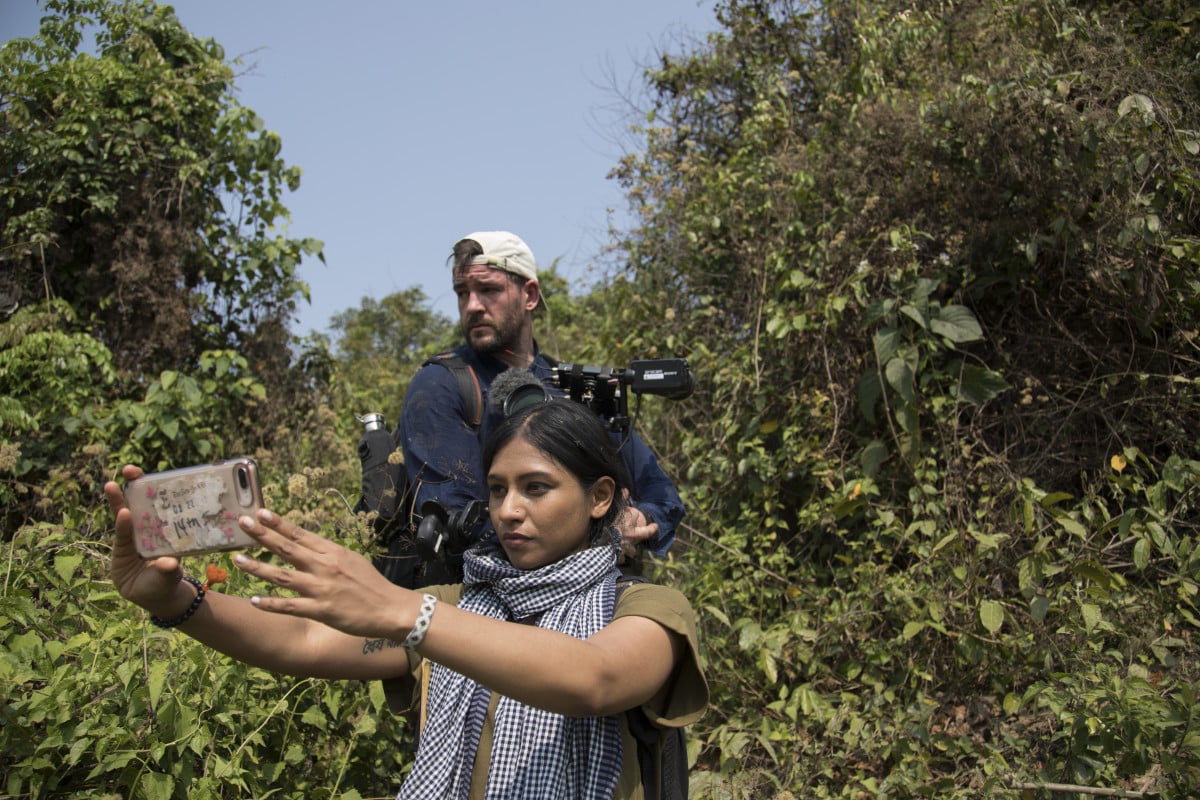Let’s be honest—many of us come from different creative backgrounds: photography, visual art, writing, or journalism. At some point in our careers, we’ve looked at one of our stories and thought, “This could be a powerful documentary.” That’s often where the journey begins for anyone wondering how to become a documentary filmmaker. It’s not just about holding a camera—it’s about having a story that demands to be told, and the courage to tell it truthfully.
However, only a few of us have made it as we don’t come from this background. Documentary filmmaking is a captivating realm where storytelling meets reality.
If you’re passionate about storytelling and eager to capture real-life moments, embarking on the journey to know how to become a documentary filmmaker might be your calling. This article will at least help you get a good ground to start.
Understanding the Role of a Documentary Filmmaker
At its core, documentary filmmaking is about capturing authentic narratives and compellingly presenting them. Authentic narratives are stories that are true to life, free from manipulation or distortion.
Unlike fiction films, documentaries aim to portray real-life events, issues, or individuals without altering the truth. In a previous post, we discussed some aspects that differentiate a documentary film from a conventional movie.
As a documentary filmmaker, your role extends beyond just wielding a camera; it involves meticulous research, interviewing subjects, and shaping raw footage into a coherent story.
Developing Your Skills
Some might think that to become a documentary filmmaker, you need to operate a video camera and learn all the nitty-gritty of filmmaking. This is definitely not true in the case of the documentary, as the world has already seen some groundbreaking documentaries made entirely by mobile phones.
For instance, ‘Tangerine‘ was shot entirely on an iPhone and received critical acclaim. Becoming a proficient documentary filmmaker requires more than being technical with your camera and gear. You must have diverse skills and a deep understanding of the subject matter of what you will be filming.
We will go through some of the core skills to become a documentary filmmaker:
Research
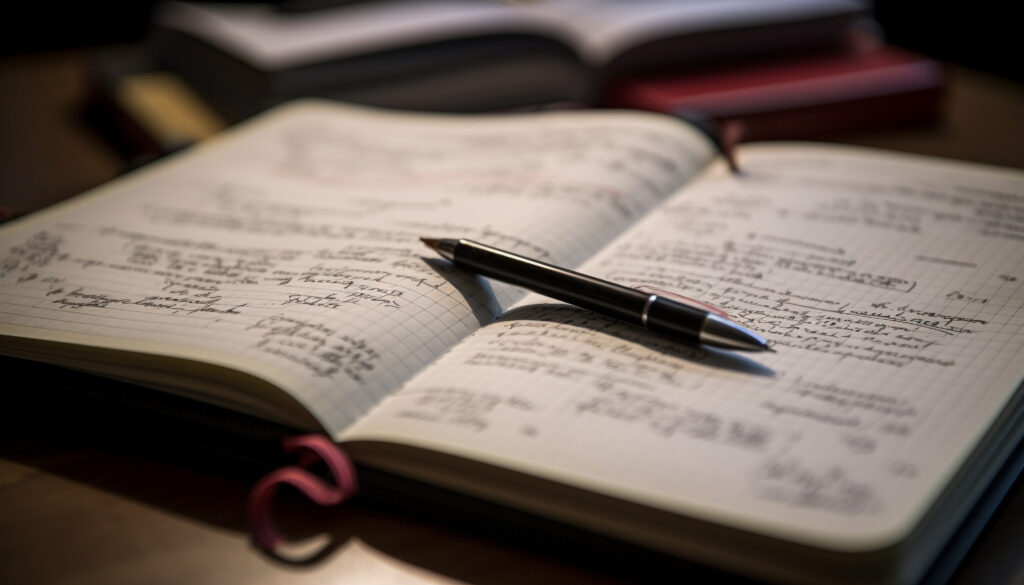
Research is the heart of your documentary. Go through everything you get on the subject on which you intend to make the documentary.
News, articles, books, films, archival footage, old photographs, TV news—whatever you can get hold of—embrace all of it. Dive deep into your subject matter, gathering information and gaining insights that will enrich your film.
Storytelling
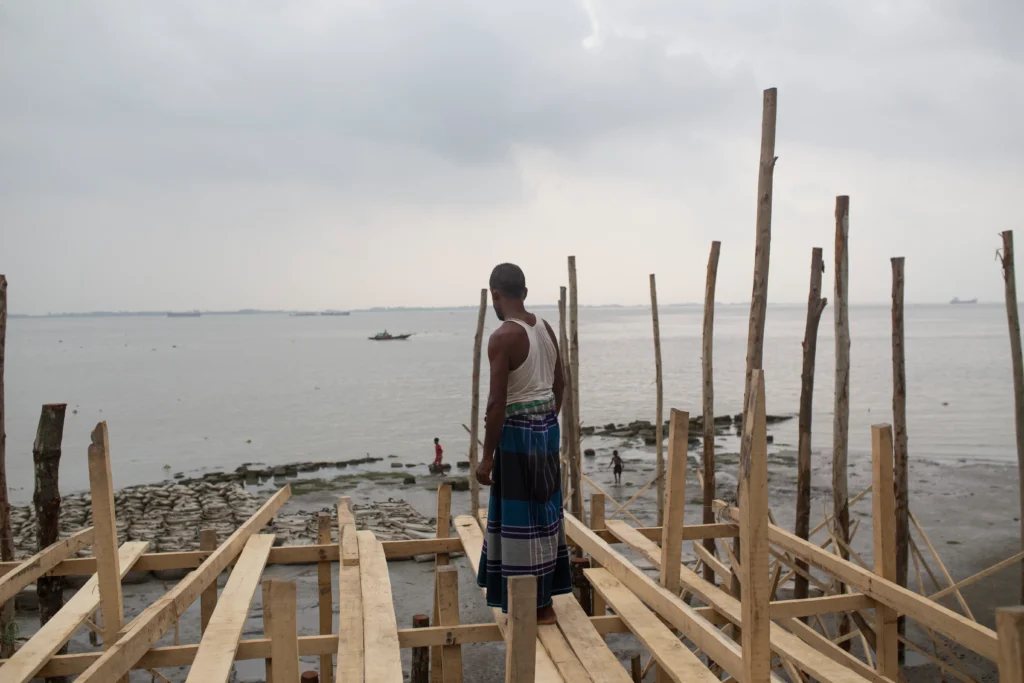
Familiar yourself with the art of storytelling to engage your audience and convey your message effectively. A well-structured narrative is the backbone of any successful documentary.
For example, ‘Blackfish‘ used a combination of interviews, archival footage, and dramatic reenactments to tell the story of captive killer whales.
Find the narrative of the film you are trying to make, get hold of it, and mold it in a way that makes sense to your audience.
Interviewing
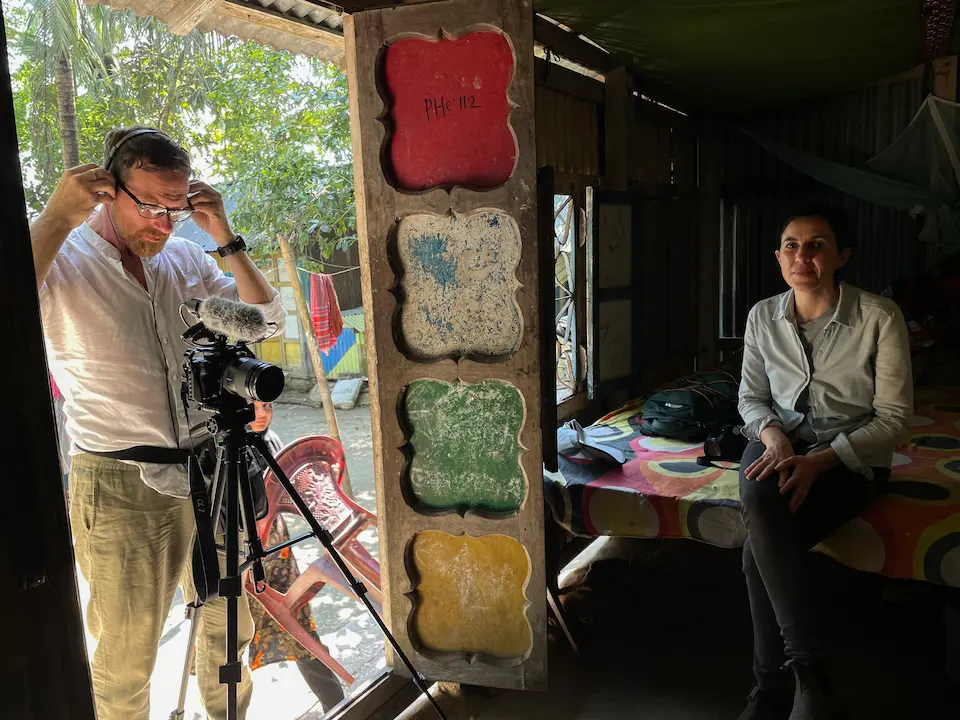
Conducting interviews is a crucial aspect of documentary filmmaking. Learn to ask insightful questions and create a comfortable environment for your subjects to open up.
Remember, interviews can shape your documentary. You might not end up including the whole interview in the final edit, but paying close attention might reveal interesting angles in your film.
Cinematography
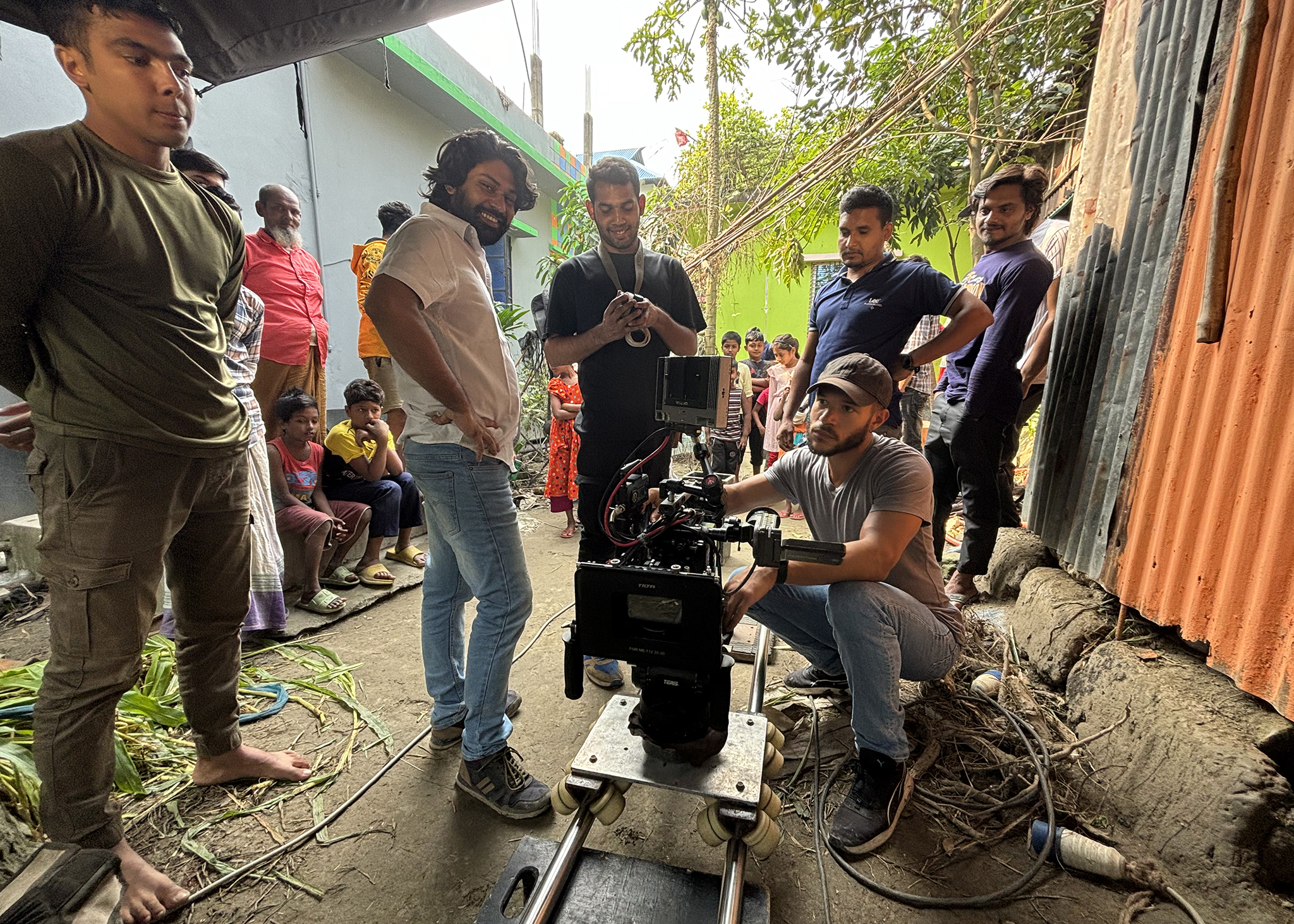
Familiarize yourself with the technical aspects of filmmaking, including camera operation, lighting, and composition. A good grasp of cinematography enhances the visual appeal of your documentary.
For instance, learn about different camera angles and how they can be used to convey emotions or perspectives. Understand the importance of lighting in setting the mood of a scene. Master the art of composition to create visually appealing shots.
If you want to avoid the technical details of the gears, you may consider collaborating with other filmmakers while you concentrate solely on the story and other production duties.
If you are thinking about making a documentary Film in Bangladesh, Feel free to review our detailed guidelines.
Editing
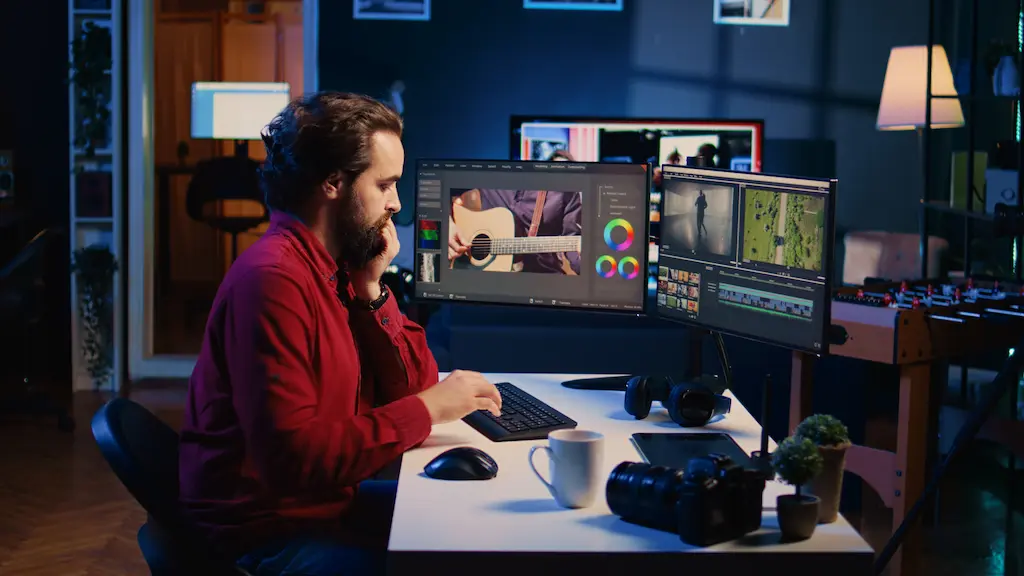
The most interesting and crucial skill in documentary filmmaking is editing. All the magic happens here. Some great filmmakers believe the process of making a documentary film itself is an editing process. By editing, I do not simply mean cutting footage and grading it to make a movie.
Editing is a thoughtful process where you decide what stays in the film and what doesn’t. It’s about shaping the narrative, pacing the story, and enhancing the impact of your footage. Everything in your documentary depends on it.
Either you acquire proficiency in video editing software to assemble footage, add visual effects, and refine the structure of your documentary, or you contact a documentary-specific editor.
Educate Yourself
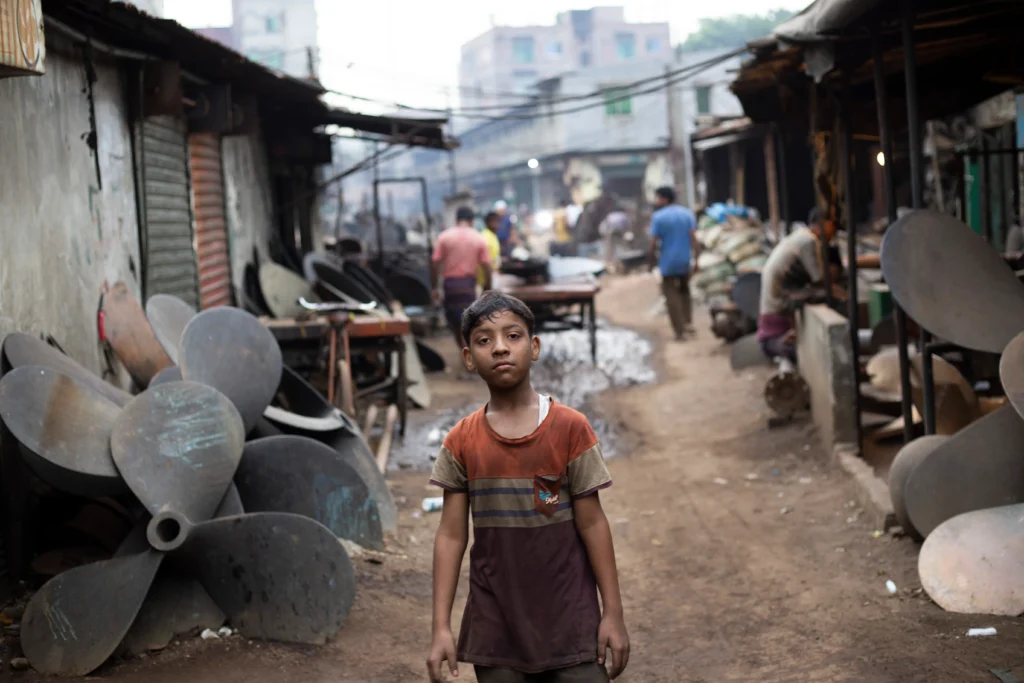
We live in the best internet era and are trying to become self-taught documentary filmmakers. Take advantage of resources such as books, courses, and workshops to learn about documentary filmmaking techniques, storytelling principles, and industry trends.
Some platforms bring great documentary filmmakers to teach you that with a nominal monthly subscription. For example, Ken Burns teaches documentary filmmaking in a masterclass. Hearing from him and trying what he says in person is fascinating.
Other resources include forums and communities where you can connect with fellow filmmakers, share your work, and get feedback.
Build Your Network
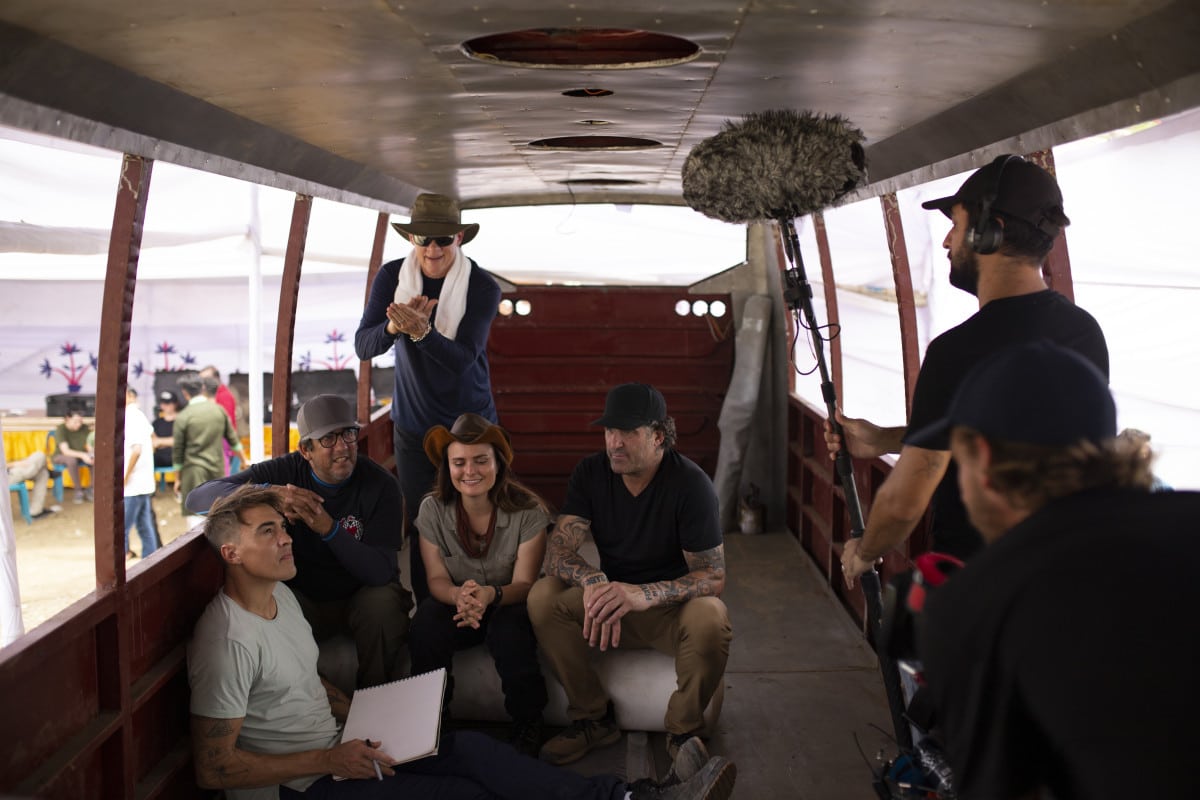
Connect with local documentary filmmakers, industry professionals, and potential collaborators over Facebook or Twitter. Networking opens doors to opportunities, feedback, and support that can propel your career forward.
By attending screenings and film festivals, you cannot only get inspired but also meet people who are already making the films you aspire to create. These connections can lead to collaborations, mentorships, and even funding!
Make the Film!
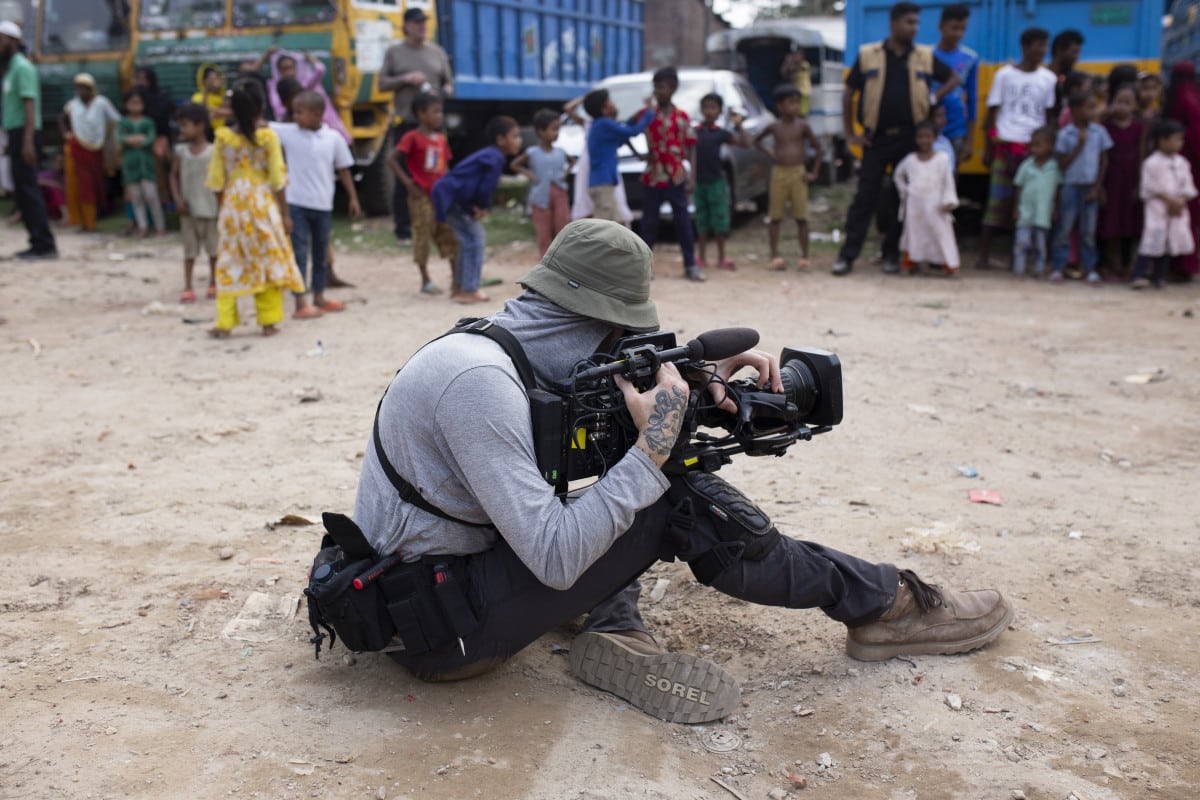
You know what? No film school or course will teach you the best way to make a documentary film. What it will teach you is your film. Go and start making one!
Create short documentaries or mini-projects to hone your skills and gain practical experience. Experiment with different styles and formats to find your unique voice as a filmmaker. Your unique voice is what sets your work apart and makes it resonate with your audience.
Making a documentary is like solving a puzzle. Why on earth it can be a puzzle? Yes, the truth can be straightforward and stark naked in front of everyone’s eyes, but still, no one cares. How will you make them care for something through your film? That requires some hurdles.
Seek Feedback
Feel free to share your work with others in private screenings in your local network and solicit constructive feedback. When seeking feedback, be open-minded and receptive to different perspectives.
Embrace criticism as a means of growth and strive to improve your craft continuously. Most importantly, do not get overwhelmed with great words or disappointed if some critics say harsh words about your film. Use the feedback to identify areas for improvement and refine your storytelling skills.
Embrace all of it for your filmmaking journey.
Conclusion
Becoming a documentary filmmaker is a rewarding journey that offers endless possibilities for creativity and expression. By cultivating your skills, pursuing your passions, and embracing the challenges, you can carve out a fulfilling career in this dynamic field.
If you’re interested in how to become a documentary filmmaker, it’s important to know that this path requires dedication, curiosity, and a willingness to learn and adapt.
So, grab your camera, unearth captivating stories, and start filming. Your unique perspective and storytelling can make a significant impact in the world of documentary filmmaking.
